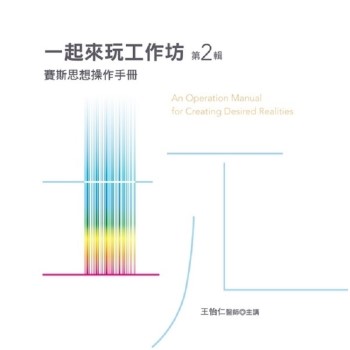Michael B. Gill offers an original account of Humean moral pluralism. Moral pluralism is the view that there are different ultimate moral reasons for action, that those different reasons can sometimes come into conflict with each other, and that there exist no invariable ordering principles that tell us how to resolve such conflicts. If moral pluralism is true, we will at times have to act on moral decisions for which we can give no fully principled justification. Humeanism is the view that our moral judgments are based on our sentiments, that reason alone could not have given rise to our moral judgments, and that there are no mind-independent moral properties for our moral judgments to track. In this book, Gill shows that the combination of these two views produces a more accurate account of our moral experiences than the monistic, rationalist, and non-naturalist alternatives. He elucidates the historical origins of the Humean pluralist position in the works of David Hume, Adam Smith, and their eighteenth century contemporaries, and explains how recent work in moral psychology has advanced this position. And he argues for the position’s superiority to the non-naturalist pluralism of W. D. Ross and the monism of Kantianism and consequentialism. The pluralist account of the content of morality has been traditionally perceived as belonging with non-naturalist intuitionism. The Humean sentimentalist account of morality has been traditionally perceived as not belonging with any view of morality’s content at all. Humean Moral Pluralism explodes both those perceptions. It shows that pluralism and Humeanism belong together, and that they make a philosophically powerful couple.
| FindBook |
有 1 項符合
Humean Moral Pluralism的圖書 |
 |
Humean Moral Pluralism 作者:Gill 出版社:Oxford University Press, USA 出版日期:2014-08-12 語言:英文 規格:精裝 / 242頁 / 23.6 x 15.7 x 2.3 cm / 普通級 |
| 圖書館借閱 |
| 國家圖書館 | 全國圖書書目資訊網 | 國立公共資訊圖書館 | 電子書服務平台 | MetaCat 跨館整合查詢 |
| 臺北市立圖書館 | 新北市立圖書館 | 基隆市公共圖書館 | 桃園市立圖書館 | 新竹縣公共圖書館 |
| 苗栗縣立圖書館 | 臺中市立圖書館 | 彰化縣公共圖書館 | 南投縣文化局 | 雲林縣公共圖書館 |
| 嘉義縣圖書館 | 臺南市立圖書館 | 高雄市立圖書館 | 屏東縣公共圖書館 | 宜蘭縣公共圖書館 |
| 花蓮縣文化局 | 臺東縣文化處 |
|
|
圖書介紹 - 資料來源:博客來 評分:
圖書名稱:Humean Moral Pluralism
內容簡介
作者簡介
Michael B. Gill, University of Arizona
Michael B. Gill is Associate Professor of Philosophy at the University of Arizona. He has published articles on the history of ethics, contemporary meta-ethics, and medical ethics, and he is the author of The British Moralists on Human Nature and the Birth of Secular Ethics (CUP, 2006).
|











